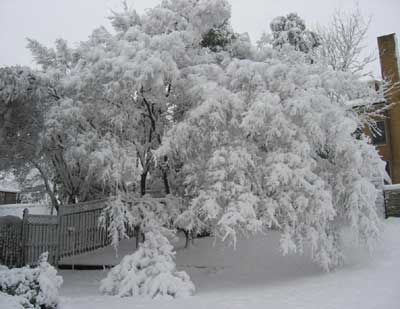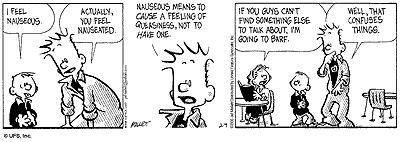<cue circus music>
So, when the Supreme Court is through pretending it’s a probate court and has finally decided whether Anne Nicole Smith gets the $563.5M USD that a federal bankrupcy court awarded to her when her 60+ year-old stepson declared bankrupcy, will the papers put it under news and legal where they put other Supreme Court decisions or will this be the first time a Supreme Court decision leads the entertainment pages?
Reference:
ABC News
The Washington Post

